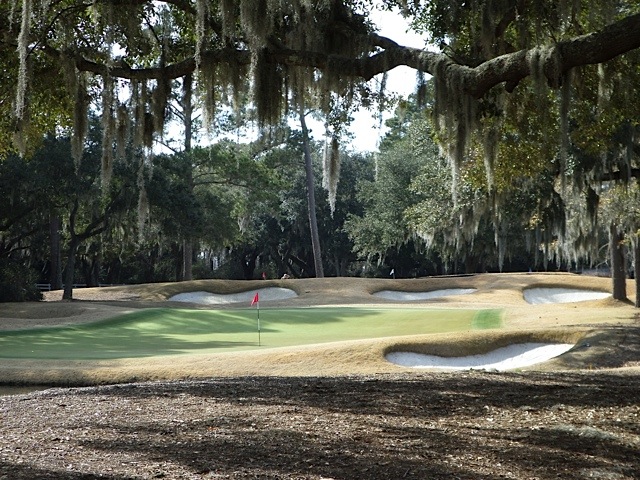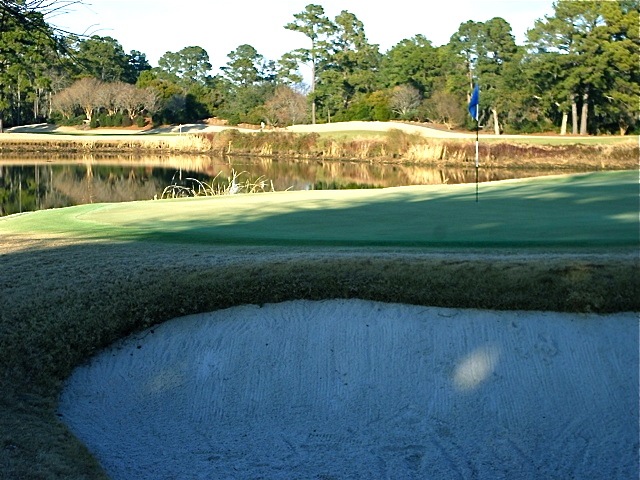Mature, well-established golf communities tend to lose their incentives to market themselves aggressively once the developer is gone, most of the property is sold and the residents take over operations of the community, if not the club. One example of such a golf community that does market itself like its existence depends on it is The Landings near Savannah, GA, but The Landings has an extra incentive because it maintains its own on-site real estate agency. And in a good year, Landings Realty produces in excess of $1 million in revenues for the homeowner’s association.
More typical are communities like the 40-year old Keowee Key, located on Lake Keowee, about 20 minutes from the town of Clemson, SC, and an hour from Greenville. Homes and properties inside Keowee Key are listed and sold primarily by three real estate agencies whose offices are strung out along the road that runs through the sprawling community. They attract customers through their web sites and via walk-in traffic, but when it comes to advertising aggressively in more traditional ways, forget about it. The nearby Cliffs Communities and The Reserve at Lake Keowee have traditionally spent a few million dollars each year on annual marketing; the more conservative spending Keowee Key –- its web site touts its $12 million in equity and low debt ratio -- is not top of mind for many baby boomers who might otherwise find it a fine alternative in the lake area.
All or nothing at all: The par 3 12th at Keowee Key features a creek that covers the left front of the green and a bank on the right. If you come up a little short, you are likely to get wet.
I toured the community recently and found it not atypical of a four-decade-old golf community that has aged well. As you might expect, it has neighborhoods whose homes are in need of some cosmetic updating, not unlike sections of the better-known Landings community. But both communities were built in phases, and therefore many neighborhoods are just 15 years old or even less; they look up-to-date and years from needing the dreaded roof replacements and other requirements of an aging, but otherwise functional, home.


























